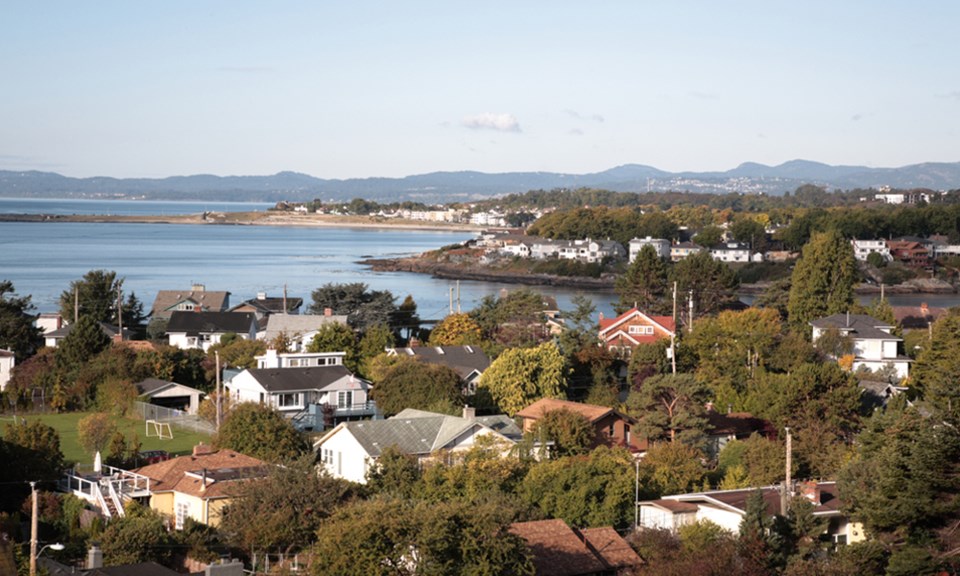Home sales across the province fell on an annual basis in February, due to tough new rules that make qualifying for a mortgage harder, according to a B.C. Real Estate Association released March 14.
A total of 6,206 B.C. homes were sold resale on the MLS® last month – a 5.7 per cent slide from the same month last year, although nearly 17 per cent higher than in January this year.
The BCREA said that the that were launched in January are largely the cause of this slowdown in activity.
“More stringent mortgage qualification rules for conventional borrowers are dampening housing demand in the province,” said Cameron Muir, chief economist at the BCREA.
If previous similar policy changes are anything to go by, the sales declines could get worse before they recover, according to the association. The BCREA report noted, “Previous mortgage policy tightening has negatively impacted housing demand for a period of four to seven months, with the largest impact occurring in the third month after implementation.”
However, although price growth has slowed from its former breakneck pace, prices are not declining overall. The average resale home price in B.C. last month was $748,327, up 8.8 per cent from the previous year and a rise of 3.7 per cent since January.
This price rise took the total sales dollar volume (combined value of all resale homes sold) to $4.64 billion, which is a 2.6 per cent increase from February 2017.
The BCREA also reported that year-to-date (January and February combined), B.C. residential sales dollar volume was up 15.9 per cent to $8.47 billion, compared with the same period in 2017. Residential unit sales increased 4.1 per cent to 11,516 units, while the average MLS® home sale price was up 11.3 per cent to $735,755.
Examining the stats from the 12 individual real estate boards that report to the BCREA, only the Kootenay region posted a year-over-year decline in average sale price. The region to see the highest annual price increase was the Fraser Valley, up 22.9 per cent.
Eight of the 12 boards reported annual declines in sales in February, with seeing a slightly steeper than provincial average drop at 8.9 per cent. Fraser Valley resale transactions were down 1.3 per cent, but the region's price jumps drove total sales dollar volume to skyrocket 21.3 per cent year over year.
Year to date, Victoria was the only board to post a year-over-year decline in total sales dollar volumes, due to a drop in total sales of 14.4 per cent, which did not offset the 10.7 per cent rise in average sale prices across January and February.
Despite this, Victoria was the province's strongest seller's market as of the end of February, with a sales-to-active listings ratio of 64.3 per cent. This is followed by the Fraser Valley at 38.7 per cent and Greater Vancouver, still at nearly 30 per cent despite the sales slowdown, due to a continued dearth of condo inventory.



